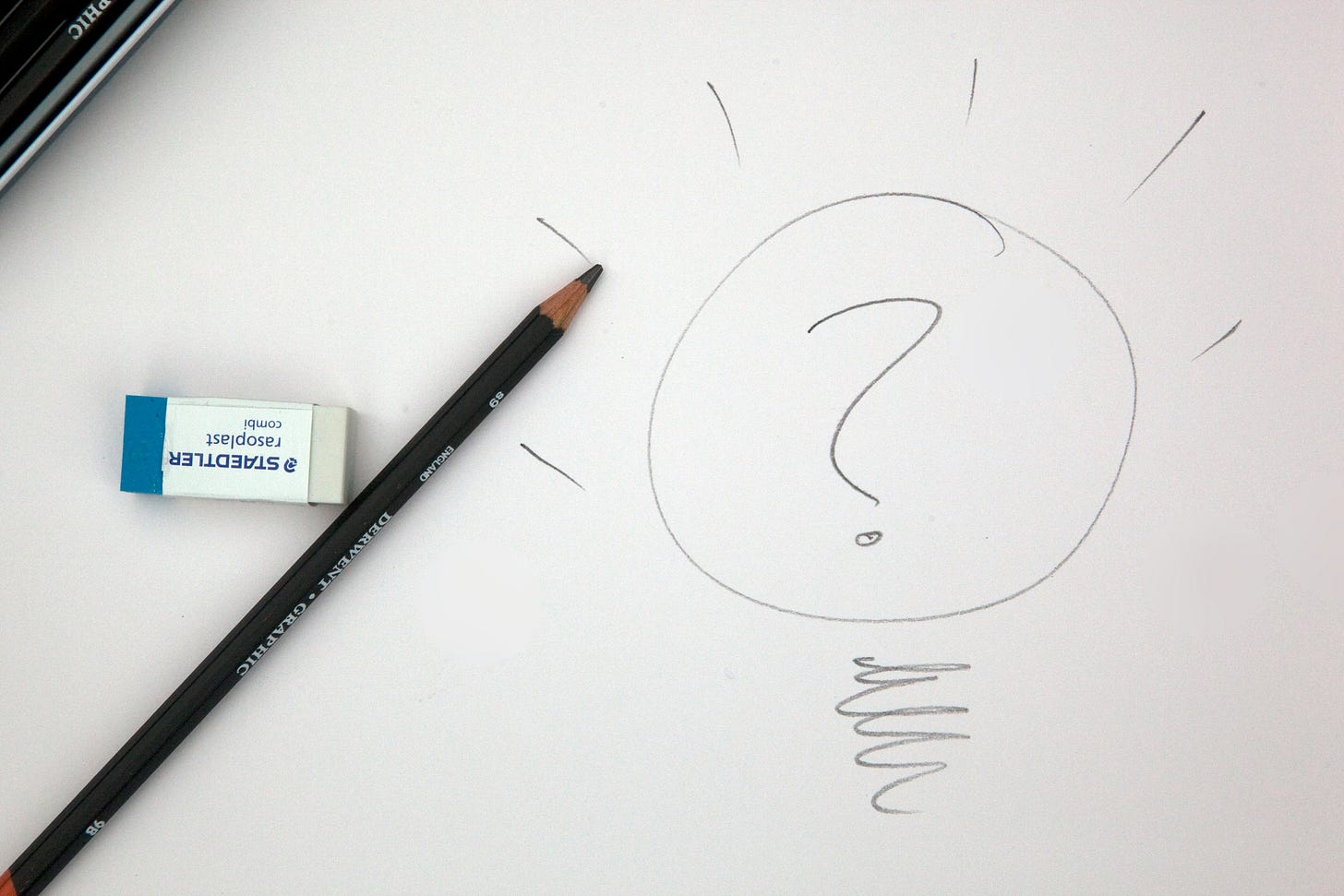Breaking down scenes when you're in the audience
It's to help understand the mechanics behind why certain moves and scenes work

In writing circles, when the question of how you get better comes up, the first piece of advice is to read a lot.
It makes complete sense. To understand good practices and know what constitutes good and bad writing, you must submerge yourself in as much writing as possible.
As you absorb different styles, genres, approaches and more, you start to develop your understanding of the medium and form your own voice. Over time, you begin to note the more subtle elements of writing - setups and payoffs, phrasing, and the colour added to the world are all little touches that turn writing from good to great.
The same principle applies to improv, where you must watch shows and performances to become good at it. As you watch shows, you’ll notice that little by little, your responses to shows become more detailed.
What might initially start off as broad descriptions of a show - it was fun - will delve into specifics. We might remember a funny line, character choice, or a scene about a particular premise.
Usually, this is as far as being specific goes. We tend to focus on the moment that got the big laugh or made us chuckle and leave it at that, but you can go further.
The reason for doing this is to make you a better performer and collaborator. By developing your understanding of what makes a successful scene and/or show, it will help level up your abilities and sharpen your skillset.
If you’re pretty new to improv, what I’m going to say will be a little heady, so instead, just focus on enjoying shows and taking in what’s happening.
But if you’ve watched more than your fair share and you’ve started to deconstruct scenes and shows, then read on.
Work your way backwards
Many improv shows are fever dreams in a way. Either they’re unconnected scenes or so fragmented that it’s hard to join up to form a cohesive story. That is one reason why it can be pretty difficult to call back what happened, so unless you’re watching something that has a story, it’s best to focus on one particular scene where you remember a segment.
What is a good exercise to get into is to start working backwards from a part you liked and go from there. It’s better to do this shortly after a show and not wait too long, as those details can disappear pretty quickly.
Granted, this may mean you have to be linear by remembering how the scene started and going from there. Once you have the broad beats of the scene, you can work backwards.
You might not remember who said what exactly, and that’s ok; if you can get the gist of how a line or moment was reached, you start to spot good moves you missed the first time.
Perhaps one person did the work in establishing the context to make the scene work. Maybe both players took it slow or checked in on each other after each line was said. Or a moment came from setting up enough context throughout the show, like one that's set in a particular location.
Maybe one player was succinct in their initiation that they hit the ground running, or they made a strong choice like establishing why they’re feeling an emotion up front or setting up an intriguing point of view that allowed both of them to explore properly. Maybe someone did something accidentally, and that set everything into motion.
There could be a million and one things you could pick up on, but the main thing is by doing this, you’re developing your understanding of the medium.
It’s also a good way of recognising what support players bring to the table, as their contributions and setup could be overshadowed by players bringing larger-than-life characters or moments to the table. Moves that are crucial to the success of both scenes and shows.
A note on shows that don’t go well
There is also a version of this you can do for scenes and shows that you feel didn’t work, but be warned, don’t use it as a excuse to judge someone’s quality as a performer or a group’s ability.
Instead, use it as an opportunity to understand your own tastes and what you want to get out of a show.
If you’ve watched a show that didn’t meet your standards, don’t use that as a way to trash them. Every performer and group is doing their best on stage and more often than not, we have shows that don’t go well. That’s applies to life in general, not just improv.
As it can easily happen to anyone, chalk it down to it just not being their day as it’s a more empathetic approach.
You may realise you didn’t enjoy a show because it’s not to your taste, which is totally fine. If a show doesn’t resonate with you, that’s personal and not a critique of whether a show is good or not.
It’s also a much healthier approach to life and it means you can still appreciate the craft that goes into something while acknowledging that it’s not a show designed for you.
Thanks for reading Third Beat. If you like what you read and want more, please subscribe to it via the button.
If you are a subscriber and are enjoying it so far, support the newsletter by recommending it to a friend or give a donation through Buy Me A Coffee.



